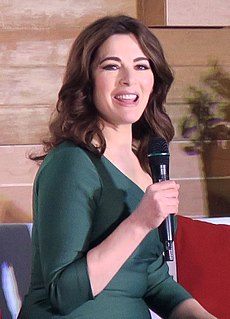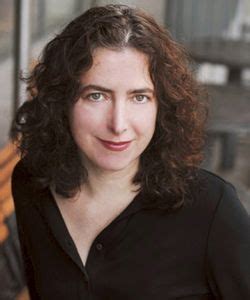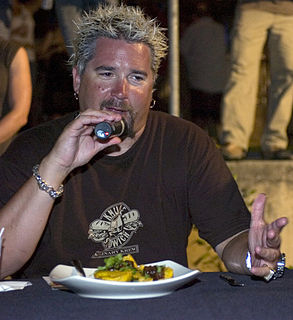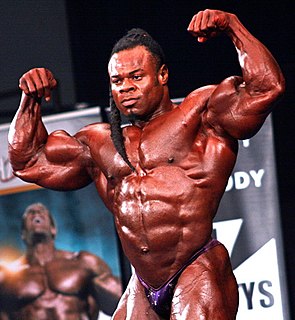A Quote by Nigella Lawson
The thing I liked about writing about food when I started it was that I felt I was writing about food in a different way. Not like a food writer.
Related Quotes
I definitely write about things that are universal, that everyone can identify with. You're supposed to write about things you're passionate about and I guess I am a foodie. I do love food and it's kind of like I'm an eccentric observationalist guy. To make it kind of universal, I try a lot of different things. When I first started writing this, I was like, 'No food.' Then, you know, it just always goes there.
Those of us who think about what we eat, how it's grown, those of us who care about the environmental impact of food - we've been educated by fabulous books, like Fast Food Nation and documentaries like Food Inc. But despite these and other great projects that shine a critical light on the topic, every year the food industry spends literally tens of millions of dollars to shape the public conversation about our food system.
If there was ever a food that had politics behind it, it is soul food. Soul food became a symbol of the black power movement in the late 1960s. Chef Marcus Samuelsson, with his soul food restaurant Red Rooster in Harlem, is very clear about what soul food represents. It is a food of memory, a food of labor.
Food trends have been around as long as people have had the ability to choose between different things to eat, but the modern, interconnected media has made food trends a viral phenomenon. Once upon a time, it was just a few newspapers and a few select gourmet magazines that were writing about food. Today, it's every single publication.
Isn't food important? Why not "universal food coverage"? If politicians and employers had guaranteed us "free" food 50 years ago, today Democrats would be wailing about the "food crisis" in America, and you'd be on the phone with your food care provider arguing about whether or not a Reuben sandwich with fries was covered under your plan.
I spend so much money on food, just getting the food for me is a tremendous expense, so there's no way I could even think about paying for supplements. I think of all supplements as food derivative anyway, so If I can only choose between getting the food or the supplements I'd rather opt for the food.
































